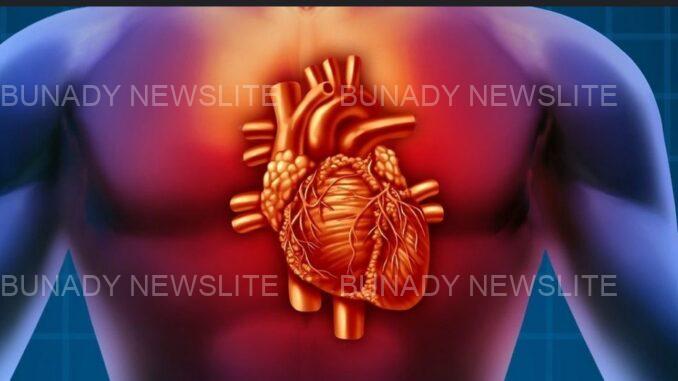

Recognizing the body’s signals of a heart attack can mean the difference between life and death. Heart disease remains a leading cause of mortality globally, yet many people miss or misinterpret the early warning signs. Understanding these signals can empower you to take potentially life-saving action quickly.
DOES IT MEAN HE DOESN’T LIKE HIM AGAIN? Watch The 3-Minutes Viral Video Where Nigeria President Bola Tinubu Snub Lagos State Governor Sanwo Olu at Inauguration of Lagos-Calabar Coastal Highway.
Understanding your body’s distress signals
The human body has a remarkable ability to alert us to internal issues, but these signs are often subtle or mistaken for unrelated conditions. The challenge lies in recognizing and responding to these warnings appropriately. While chest pain is widely known, other crucial signals may be less obvious but equally important.
Primary warning signs
Chest discomfort serves as the most recognized symptom of a heart attack. This sensation typically manifests as pressure, tightness, or squeezing in the center of the chest. The discomfort may come and go or persist for several minutes. Many people experience radiation of this pain to their arms, neck, jaw, or back, leading some to initially attribute the sensation to other causes.
Unusual fatigue often appears as a silent indicator in the days or weeks preceding a heart attack. Unlike normal tiredness, this exhaustion may occur without physical exertion and can feel overwhelming. Women particularly report this symptom, though it frequently goes unrecognized as it’s mistaken for stress or sleep deprivation.
Beyond chest pain
Heart attacks don’t always announce themselves through chest pain. Shortness of breath, occurring with or without chest discomfort, can signal a heart attack. This symptom manifests as difficulty catching your breath, even during minimal activity or while resting. The sensation results from the heart struggling to pump blood efficiently, leading to oxygen deficiency.
Nausea, vomiting, and lightheadedness may also indicate a heart attack, especially when combined with other symptoms. People often mistake these signs for food poisoning, indigestion, or dehydration, potentially delaying crucial medical intervention. Additionally, breaking into a cold sweat without apparent cause can signal cardiac distress, indicating the nervous system’s response to the heart’s struggle
Gender differences matter
While both men and women can experience classic symptoms like chest pain, women often report less common signs. Men typically experience more traditional symptoms, including intense chest pain and left arm discomfort. These symptoms tend to be abrupt and severe, prompting quicker medical attention.
Women frequently encounter more subtle indicators, such as:
Back or jaw pain
Unexplained anxiety
Indigestion-like symptoms
Persistent fatigue
Taking immediate action
When heart attack symptoms appear, time becomes critical. Immediate response can prevent irreversible damage to heart muscle or death. Call emergency services immediately if you suspect a heart attack. While waiting for help:
Remain calm and seated to reduce strain on your heart
Take aspirin if recommended and available
Keep your upper body elevated.
DOES IT MEAN HE DOESN’T LIKE HIM AGAIN? Watch The 3-Minutes Viral Video Where Nigeria President Bola Tinubu Snub Lagos State Governor Sanwo Olu at Inauguration of Lagos-Calabar Coastal Highway.

